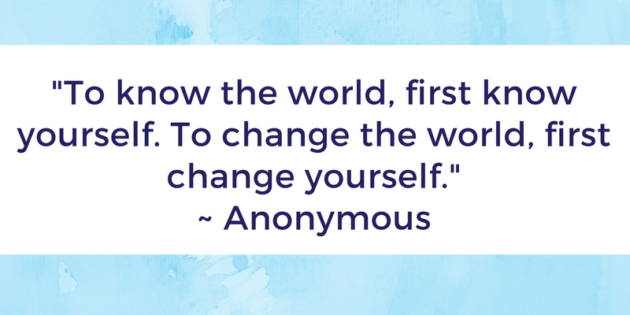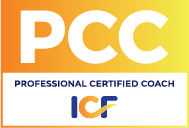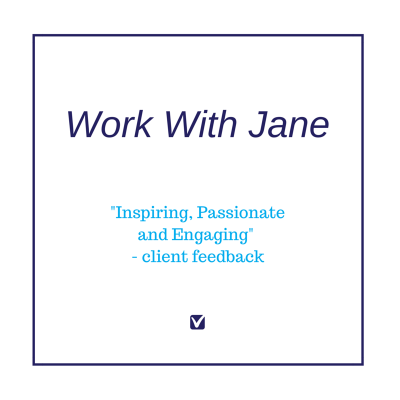The main reason women sign-up to coaching or mentoring or attend events with Habits for Wellbeing is to make a change or shift in their life. To shift from problem, self-defeating or draining behaviours to empowering and self-fulfilling behaviours (i.e. habits for wellbeing). These shifts could be made in different areas of a persons’ life including –
- Career / Business,
- Confidence / Emotional Awareness,
- Giving / Contribution / Community,
- Family / Friends,
- Health / Body / Movement,
- Intimate Relationship,
- Leisure / Fun,
- Money / Finances,
- Personal Growth,
- Self-Management,
- Living Space / Physical Environment, and
- Travel / Holidays.
When women are starting to think about change, they can get tied up in some common ‘myths about change’. Do any of the following myths about change resonate with you?
7 Myths About Change
Myth #1: “Change is a Linear Process”
Reality: Research has shown change is not linear and is dynamic. You can often take two steps forward and one step backwards, do a U-turn or even go backwards. In the book Changing for Good, Prochaska, Norcross and DiClemente share 6 Stages of Change. The six stages of change are –
- Pre-contemplation (“I can’t…”),
- Contemplation (“I may…”),
- Preparation (“I will…”),
- Action (“I am…”),
- Maintenance (“I am still…”), and
- Termination (“I have…”).
Knowing the stages of change, before you are ready to make a change can help you with the change process and have greater success in the long-term. You can read more about the six stages of change here.
Myth #2: “Change is Simple”
Reality: Change can be very challenging and uncomfortable, if it was easy everyone would be doing it. Most people will use a number of change processes to turn their problems or challenging behaviours around over time (can be up to 5 years).
Myth #3: Change Takes Willpower.
Reality: What do you define as willpower? Maybe it is a belief in your own abilities to change and the decision to act on the belief or maybe it is that willpower represents every change technique.
Whilst researching change, Prochaska, Norcross and DiClemente (Changing for Good) found that willpower (they call it commitment) was only one of the nine change processes used to change behaviour. They also discovered that people who rely solely on willpower set themselves up for failure.
Myth #4: Nothing Works, “I’ve Tried Everything to Change!”
Reality: Are you sure you have tried everything? The effectiveness of change processes depends on the method and timing of their application (i.e. how much?, how long? and which change process?).
Myth #5: You Can Change Other People.
Reality: You cannot change other people. Trying to change other people is a waste of time and energy (unless they ask to be supported in the change process). Dr. William Glasser refers to this as choice theory (i.e. people have a choice and are in control of almost all of their behaviours) and cannot control other people.
Myth #6: Shame Leads to Behaviour Change.
Reality: Shame does not lead to positive behaviour change. Brené Brown has been quoted as saying ~“You cannot shame or belittle people into changing their behaviours.”
Myth #7: People Don’t Change.
Reality: People can change if they choose to. Remember Dr. William Glasser’s, choice theory where people have a choice and are in control of almost all of their behaviors? Success and change is achieved over a long time and through consistently, hard work.
I hope this has give you some insight in to the myths about change. If you have any other myths that you would like to share, please write them below.
If you are ready to reclaim your courage and take the next step towards freedom and remember you are love, why not join our Toolkit?
References –
Glasser, W. (1999). Choice Theory: A New Psychology of Personal Freedom. New York, USA: Harper Collins Publishers.
Prochaska, J., Norcross, J., & DiClemente, C. (2010). Changing for Good: A Revolutionary Six-Stage Program for Overcoming Bad Habits and Moving Your Life Positively Forward. New York, USA: Harper Collins Publishers.

















Leave A Response